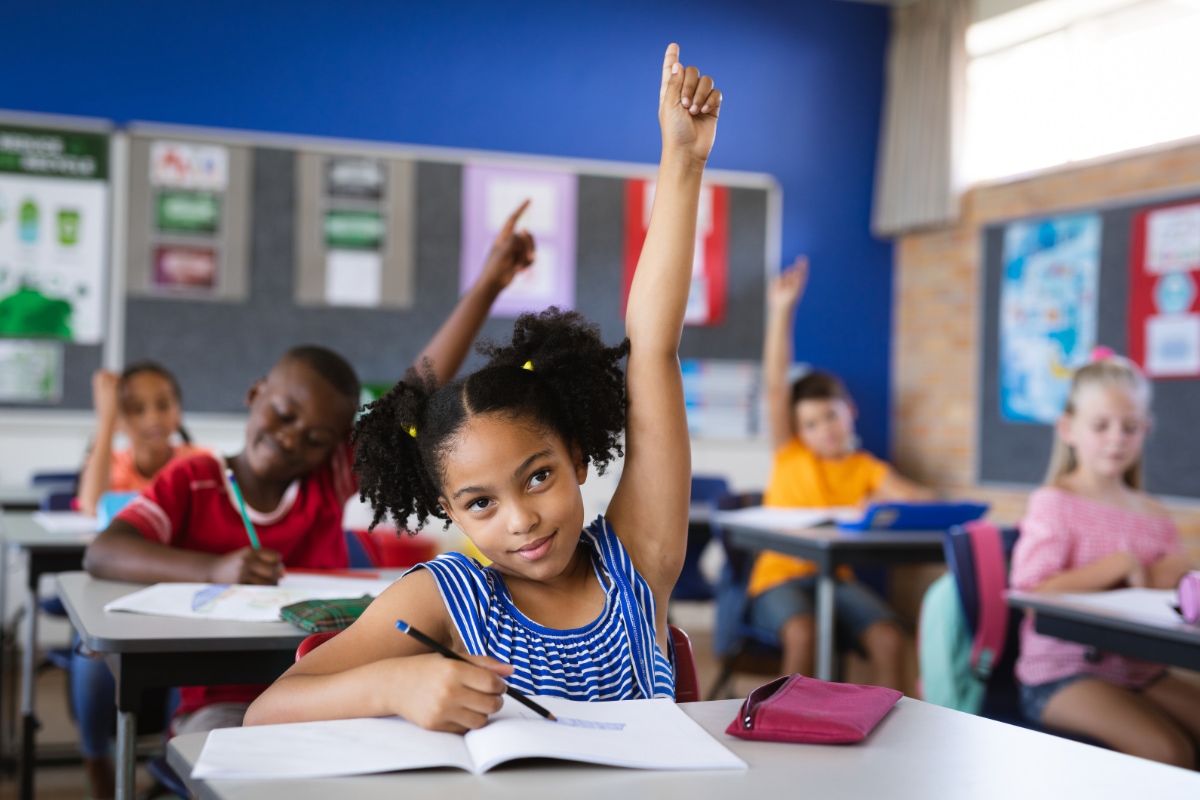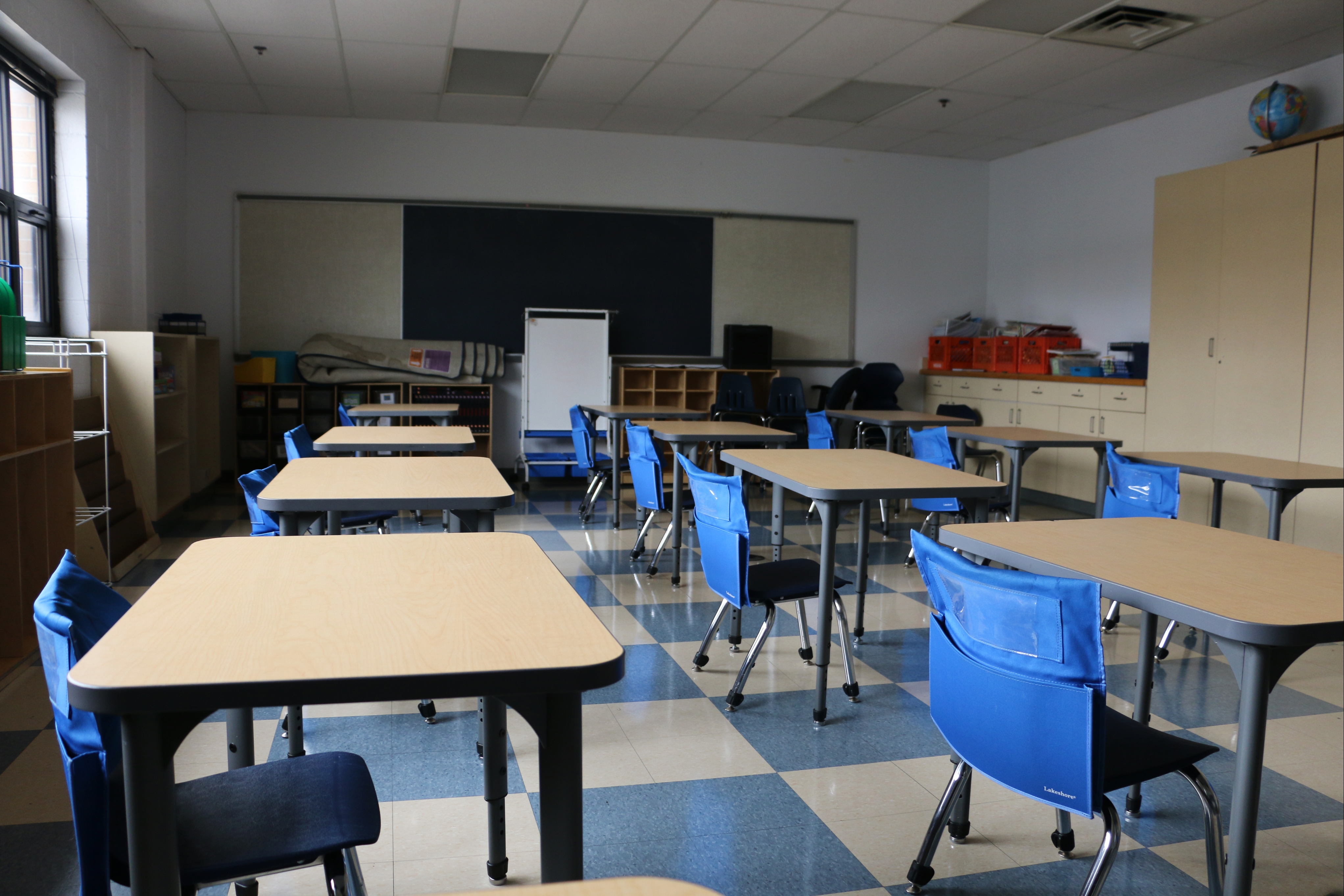Exactly How Schools Play an Important Function in Shaping Future Leaders and Pioneers
Colleges contribute fit future leaders and innovators via the growing of vital thinking, imagination, and collaboration. By integrating project-based discovering and interdisciplinary research studies, academic establishments test trainees to analyze and manufacture intricate information. Educators act as advisors, directing students and supporting their potential, while extracurricular tasks better develop management abilities and strength. This dynamic setting not just focuses on private toughness however likewise highlights the value of teamwork, important for navigating tomorrow's difficulties. Just how precisely do these aspects interaction to develop a robust foundation for future success?
Fostering Essential Believing
In today's swiftly progressing globe, promoting crucial assuming within universities has actually become paramount. As culture comes to grips with increasingly intricate worldwide obstacles, the capability to evaluate, assess, and synthesize info is crucial. Institutions play a critical duty in developing these abilities, preparing pupils to browse and attend to diverse troubles with notified, reasoned choices.
To grow critical reasoning, educators use different pedagogical techniques that encourage active understanding and intellectual engagement. Class conversations, problem-based understanding, and Socratic questioning are critical in promoting logical and reflective mind. By challenging students to question assumptions and consider several point of views, these methods ensure a much deeper understanding of subject past rote memorization.
Moreover, integrating important believing across the educational program reinforces its importance and applicability in diverse contexts. Subjects such as maths, science, history, and literature each offer unique possibilities to develop trainees' crucial professors. For example, assessing historical events requires comprehending and examining sources context, while clinical questions demands strenuous hypothesis screening and evidence-based reasoning.
Eventually, instilling vital assuming abilities in students furnishes them with the cognitive devices necessary for lifelong knowing and flexibility. It is via this fundamental capability that future leaders will be able to introduce, address troubles, and contribute meaningfully to society.
Encouraging Imagination
Accepting imagination within instructional structures galvanizes pupils to think beyond traditional limits and discover cutting-edge remedies. By integrating artistic endeavors and innovative thinking exercises into the educational program, schools grow an environment where creativity and creative idea are valued. This method not only enriches the educational experience yet also equips pupils with the ability to deal with real-world challenges in novel methods.
School can foster creativity via varied ways such as project-based learning, interdisciplinary researches, and the consolidation of arts and modern technology. Project-based knowing, as an example, motivates trainees to use their understanding in practical, typically collective, projects that demand innovative analytical abilities. Interdisciplinary researches enable pupils to attract links between different subjects, thereby expanding their point of views and boosting their creative abilities.
Moreover, giving students with possibilities to engage with arising modern technologies, such as coding and digital layout, better nurtures their innovative potential. These activities trigger students to experiment, fail, and iterate, which are essential components of the creative process (Save Temecula Schools). By preserving a supportive atmosphere where experimentation is urged, schools can ensure that trainees establish the confidence to seek cutting-edge concepts
Fundamentally, supporting creative thinking in academic settings is indispensable for forming future leaders and trendsetters with the ability of resolving complicated global issues with resourcefulness.
Encouraging Collaboration

Carrying out group-based knowing modules and cooperative projects enables trainees to experience the dynamics of synergy firsthand. This not just prepares them for the joint nature of modern-day offices however additionally nurtures management qualities as they commonly need to take on functions such as job managers or group organizers. Furthermore, collaboration in the class can break down social obstacles and promote inclusivity, ensuring that each trainee really feels valued and heard.
Furthermore, incorporating modern technology can additionally sustain collaborative initiatives. Devices like shared electronic work areas and interactive systems allow pupils to interact effectively, even outside the class. As pupils develop these collaborative skills, they are much better furnished to tackle intricate challenges and introduce, preparing for their future duties as leaders and innovators.
Role of Teachers as Mentors

Mentorship involves customized focus, where educators identify and nurture specific strengths and address weaknesses. Save Temecula Schools. With one-on-one communications, educators can tailor their advice and assistance to satisfy each trainee's distinct needs, cultivating click reference a sense of confidence and resilience. This personalized approach cultivates a growth state of mind, urging pupils to watch failings as possibilities for discovering and growth
Furthermore, instructors function as duty designs, demonstrating the worths of integrity, determination, and empathy. Their perspectives and activities offer a plan for pupils to mimic, instilling a feeling of honest obligation and social awareness. By developing a inclusive and encouraging class atmosphere, teachers make it possible for students to develop social skills that are essential for effective management.
In essence, the mentorship given by instructors lays a foundational framework for the advancement of future leaders, furnishing them with the expertise, skills, and values required to stand next out in an ever-evolving globe.
Effect of After-school Activities
When integrated properly into the educational framework, after-school activities dramatically enhance trainee development and management possibility. These tasks supply students with chances to discover rate of interests past the traditional educational program, fostering a versatile skill set. Clubs, sporting activities teams, and arts programs grow essential qualities such as synergy, time management, and strength. Engagement in these activities usually needs trainees to tackle duties, consequently supporting their management capabilities.
Students engaged in debate, music, or dramatization clubs find out to believe critically and approach troubles from varied perspectives. By working together with peers from different histories, trainees also develop compassion and interaction abilities, crucial characteristics for future leaders.
After-school activities additionally play a crucial duty in scholastic performance. Study shows that trainees associated with such programs tend to have greater grades and better attendance documents. These activities offer a healthy electrical outlet for anxiety, adding to general well-being. Thus, colleges that focus on a well balanced technique to education and learning, integrating check out this site durable extracurricular programs, are most likely to generate pioneers and leaders furnished to satisfy the difficulties of the future.

Conclusion
In verdict, institutions significantly shape future leaders and innovators by nurturing essential reasoning, imagination, and collaboration amongst pupils. By cultivating an encouraging atmosphere that values specific toughness and synergy, colleges gear up trainees with the necessary abilities to browse future challenges and drive advancement.
As trainees establish these collaborative abilities, they are better outfitted to tackle complex challenges and innovate, laying the foundation for their future roles as trendsetters and leaders.
By fostering crucial reasoning and problem-solving abilities, educators assist students browse intricate difficulties, preparing them for leadership duties in numerous areas.
By working together with peers from various histories, students also establish empathy and interaction abilities, necessary qualities for future leaders.
In conclusion, colleges dramatically form future leaders and innovators by supporting crucial reasoning, imagination, and partnership among pupils. By promoting a helpful setting that values individual toughness and team effort, institutions outfit students with the required abilities to navigate future difficulties and drive development.